America: Farewell to Greatness?
Examine the broad challenges to American greatness, today and in the future.
Washington, DC
The Hertog alumni network has grown to include a diverse group of over 1,400 emerging leaders from the U.S. and abroad. Hertog alumni remain active and engaged with the Foundation, as well as connected with each other. Each year, alumni return to participate in our summer programming or receive invitations to attend special invitation-only seminars for young professionals. Past seminars topics include American political thought, the Iraq War, and statesmanship in the 20th century.
War Studies alumni have the opportunity to participate in Advanced War Studies Courses. These sessions are offered in the winter and summer, and focus either on a national security challenge or on a historical conflict.
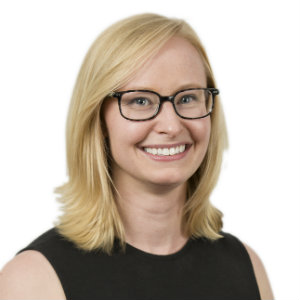

Associate, Cleary Gottlieb Steen & Hamilton
Morgan Stanley, Charles River Associates
Boston College | University of Michigan Law School
Julia Beggs is an associate at Cleary Gottlieb Steen & Hamilton. As a recent college graduate, she participated in the 2015 Political Studies Program, and later returned to Hertog as a young professional for the “Great Figures of the 20th Century” Weekend Seminars.
I heard about the Political Studies Program through professors in Boston College’s Political Science Department. It struck me that that despite varying political beliefs and principles, each spoke highly of the Program. One professor said that the students in seminars at Hertog are “among the best of the best.” Such high praise paired with the possibility of an intensive study of politics and political theory motivated me to apply.
I was impressed by the mixture of ideas and activities at the Political Studies Program. We studied materials ranging from the Students for a Democratic Society’s Port Huron Statement to Augustine’s City of Godwith outstanding professors and visiting lecturers. Justice Scalia taught us about philosophy applied to law, and Marine Corps General James Mattis explained that duty often supersedes politics. We visited the Holocaust Memorial Museum and the National Gallery, we participated in a staff ride at Gettysburg, and we got to know one another and our nation’s capital while wandering the monuments. The Political Studies Program provided a wide-ranging education, much of which took place outside of the classroom.
Yes. Aside from the network that Hertog offers, the Program provides a schooling in political philosophy and political history. Both are essential to public policy, since it orders human affairs. One cannot hope to craft good policy without asking big questions, understanding what government and politics are capable of, and more importantly, what they’re not capable of.
They’re top-notch. Part of the reason they’re so good is that the Hertog Foundation’s educational mission is simply to form more thoughtful citizens. As a result, Hertog selects students who are bright, driven, and intellectually curious, but who possess a range of beliefs and pursuits. I have no doubt that some of the people I’ve studied with at Hertog will influence the civic, intellectual, and political life of the United States for the better.
I hope I’ll end up at the intersection of economics and political theory. Each subject is interesting in its own right, but I think it’s important to blend the disciplines because economics provides a sanity check on policy-making, and political theory provides the tools with which to examine the normative assumptions of economics.
Julia Beggs is an associate at Cleary Gottlieb Steen & Hamilton. As a recent college graduate, she participated in the 2015 Political Studies Program, and later returned to Hertog as a young professional for the “Great Figures of the 20th Century” Weekend Seminars.
“The Hertog Foundation’s educational mission is simply to form more thoughtful citizens. As a result, Hertog selects students who are bright, driven, and intellectually curious, but who possess a range of beliefs and pursuits. I have no doubt that some of the people I’ve studied with at Hertog will influence the civic, intellectual, and political life of the United States for the better.”
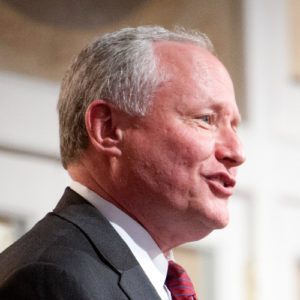
William Kristol
William Kristol is editor at large of The Weekly Standard, which, together with Fred Barnes and John Podhoretz, he founded in 1995. Mr. Kristol has served as chief of staff to the Vice President of the United States and to the Secretary of Education. Before coming to Washington in 1985, Kristol taught politics at the University of Pennsylvania and Harvard’s Kennedy School of Government.
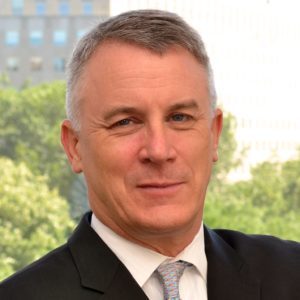
Michael Doran
Michael Doran, an expert in U.S. policy toward the Middle East, radical Islam, and the Arab- Israeli conflict, is a Senior Fellow at the Hudson Institute in Washington, DC. He has also held a number of senior U.S. government posts related to Middle East policy and strategic communication.

Daniel Johnson
Daniel Johnson is an author, journalist, and founding editor of Standpoint, a monthly British cultural and political magazine. He is the author of White King and Red Queen: How the Cold War was Fought on the Chessboard.
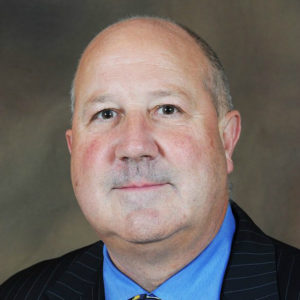
Steven F. Hayward
Steven F. Hayward is a senior resident scholar at the Institute of Governmental Studies at UC Berkeley, Senior Fellow of the Claremont Institute, and a visiting lecturer at Boalt Hall Law School. Hayward is the author of a two-volume narrative history of Ronald Reagan and his effect on American political life, The Age of Reagan: The Fall of the Old Liberal Order, 1964-1980, and The Age of Reagan: The Conservative Counter-Revolution, 1980-1989.
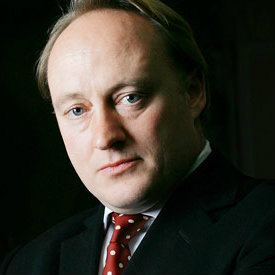
Andrew Roberts
Andrew Roberts is presently a Visiting Professor at the War Studies Department at King’s College, London and the Lehrman Institute Lecturer at the New-York Historical Society. He is the author or editor of numerous books, including Masters and Commanders, which won the Emery Reves Award of the International Churchill Society and was shortlisted for The Duke of Westminster’s Gold Medal for Military History and The British Army Military Book Award. He is presently writing a biography of Sir Winston Churchill.
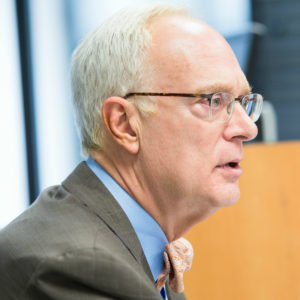
Christopher DeMuth
Christopher DeMuth is a Distinguished Fellow at the Hudson Institute in Washington, D.C. He was President of the American Enterprise Institute for Public Policy Research from 1986–2008 and D.C. Searle Senior Fellow at AEI from 2008–2011.
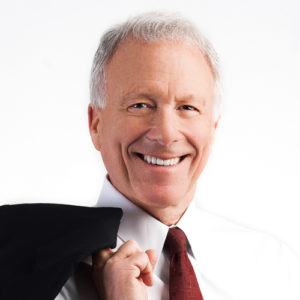
Lewis Libby
Lewis “Scooter” Libby is a distinguished fellow at the Foundation for Defense of Democracies. He has held several high level positions in the federal government related to his current work on national security and homeland security affairs. This included roughly a dozen years working in the White House, the U.S. Department of Defense, and the U.S. Department of State.
Paul Wolfowitz
Paul Wolfowitz is a scholar at the American Enterprise Institute. He spent more than three decades in public service and higher education. Most recently, he served as president of the World Bank and deputy secretary of defense.
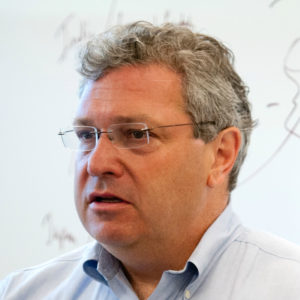
Robert Kagan
Robert Kagan is a senior fellow with the Project on International Order and Strategy in the Foreign Policy program at the Brookings Institution. He is a contributing columnist at The Washington Post. His most recent book is The New York Times bestseller, The World America Made.
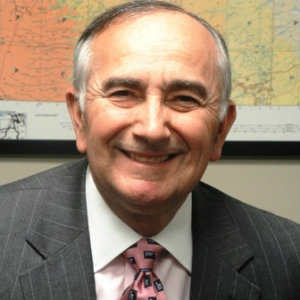
James M. Dubik
LTG James M. Dubik (U.S. Army, Ret.) is a Senior Fellow at the Institute for the Study of War and a Professor at Georgetown University’s Security Studies Program. General Dubik has extensive operational experience in Iraq, Afghanistan, Japan, Korea, Thailand, Bosnia, Haiti, Panama, Honduras, and in many NATO countries.
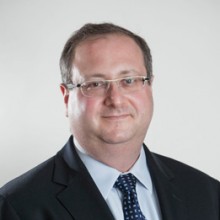
Frederick W. Kagan
Frederick W. Kagan is a Senior Instructor with the Hertog War Studies Program at the Institute for the Study of War. The author of the 2007 report “Choosing Victory: A Plan for Success in Iraq,” he is one of the intellectual architects of the successful “surge” strategy in Iraq. He is the director of AEI’s Critical Threats Project.
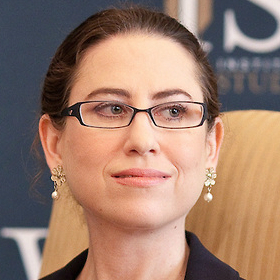
Kimberly Kagan
Kimberly Kagan is a Senior Instructor with the Hertog War Studies Program and founder and president of the Institute for the Study of War. She is a military historian who has taught at the U.S. Military Academy at West Point, Yale, Georgetown, and American University.
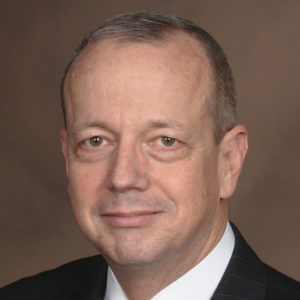
John R. Allen
John R. Allen is President of the Brookings Institution and a retired U.S. Marine Corps four-star general. He previously served as commander of the International Security Assistance Force in Afghanistan and special presidential envoy to the Global Coalition to Counter ISIL.
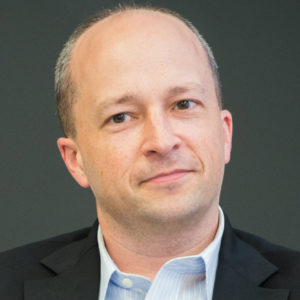
Yuval Levin
Yuval Levin is a Resident Scholar and Director of Social, Cultural, and Constitutional Studies at the American Enterprise Institute and the Editor of National Affairs magazine. Mr. Levin served on the White House domestic policy staff under President George W. Bush.

Matthew Continetti
Matthew Continetti is the director of domestic policy studies and the inaugural Patrick and Charlene Neal Chair in American Prosperity at the American Enterprise Institute (AEI), where his work is focused on American political thought and history, with a particular focus on the development of the Republican Party and the American conservative movement in the 20th century.
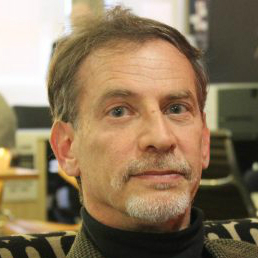
Darren Staloff
Darren Staloff is a retired Professor of History from the City College of New York and the Graduate Center of CUNY. Professor Staloff has published numerous papers and reviews on the subject of early American history.
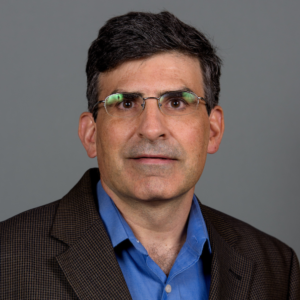
Paul Carrese
Paul O. Carrese is the founding Director of the School of Civic and Economic Thought and Leadership at Arizona State University. He is author of The Cloaking of Power: Montesquieu, Blackstone, and the Rise of Judicial Activism, and co-editor of three other books on George Washington, constitutionalism, and U.S. grand strategy.